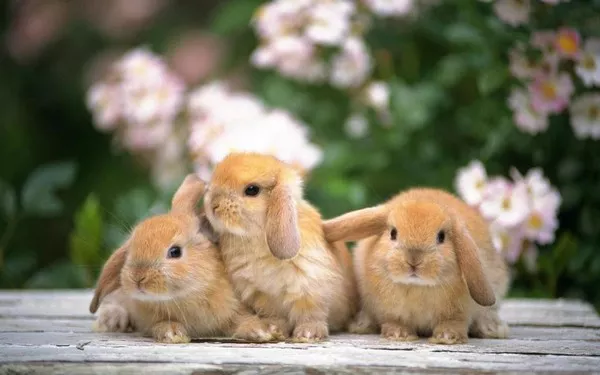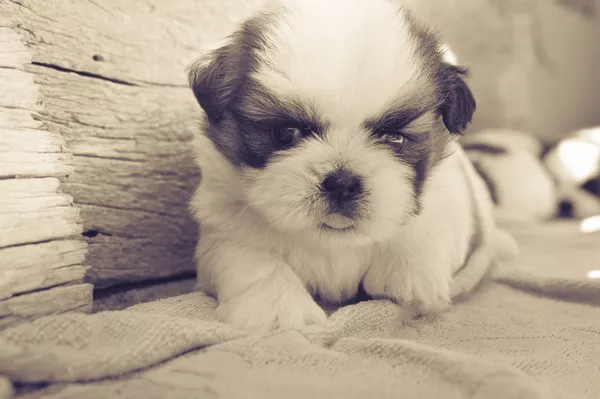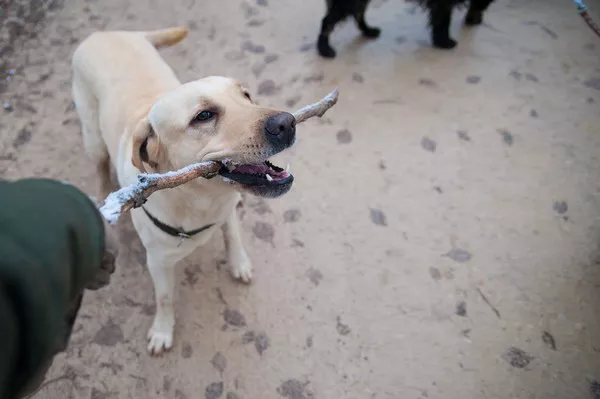Introduction to Mini Lop Diet
Mini Lop rabbits, with their adorable appearance and affectionate nature, make delightful companions for many pet lovers. However, like all pets, their health and well-being depend significantly on their diet. Providing a balanced and nutritious diet is paramount to ensuring their longevity and quality of life.
Proper nutrition plays a vital role in the overall health and well-being of Mini Lop rabbits. A well-balanced diet supports their growth, maintains healthy digestion, strengthens their immune system, and promotes dental health. By understanding the specific dietary needs of Mini Lop rabbits, owners can take proactive steps to keep their furry friends happy and healthy.
Types of Mini Lop Diet
Hay:
Hay is the cornerstone of a Mini Lop rabbit‘s diet. It provides essential fiber, which is crucial for maintaining healthy digestion and preventing gastrointestinal issues. Timothy hay and Meadow hay are excellent options for Mini Lops. These hays are high in fiber and low in calcium, helping to prevent urinary tract problems.
Vegetables:
Vegetables are another essential component of a Mini Lop’s diet, providing vitamins, minerals, and additional fiber. Rabbit-safe vegetables include carrots, cabbage, parsley, broccoli, and dark leafy greens like kale and spinach. However, it’s essential to introduce new vegetables gradually and in moderation, as some can be high in sugar and lead to digestive upset if fed in excess.
Pellets:
Pellets are formulated to provide essential nutrients that may not be obtained solely from hay and vegetables. Look for high-quality pellets specifically designed for rabbits, avoiding mixes with added seeds or treats. Pellets should make up a smaller portion of the diet compared to hay and vegetables, as they can be high in calories and lead to obesity if overfed.
Treats:
Occasional treats can be given to Mini Lop rabbits as a reward or for enrichment. Small pieces of fruits like apple or banana, or vegetables like carrot, can be offered sparingly. However, treats should only constitute a small percentage of their overall diet to prevent weight gain and dental issues.
Nutritional Requirements
A balanced diet for Mini Lop rabbits should include a mix of vitamins, minerals, fiber, and protein. It’s important to ensure that they receive all the essential nutrients necessary for optimal health and well-being.
Vitamins and Minerals:
Mini Lop rabbits require a variety of vitamins and minerals to support various bodily functions. This includes vitamin A for vision health, vitamin D for calcium absorption, and calcium for strong bones and teeth. Providing a diverse array of vegetables and high-quality pellets can help meet these nutritional needs.
Water:
Fresh, clean water should be available to Mini Lop rabbits at all times. Hydration is essential for proper digestion, kidney function, and overall health. Owners should regularly check water bottles or bowls to ensure they are clean and filled with fresh water.
Feeding Schedule
Establishing a consistent feeding schedule is crucial for maintaining a healthy diet for Mini Lop rabbits. Here’s a recommended feeding schedule along with the percentage of each food type in their daily diet:
Hay: Make hay available to Mini Lop rabbits at all times, as they should have unlimited access to it. Hay should constitute approximately 70-80% of their daily diet.
Vegetables: Offer a variety of fresh vegetables daily, making up around 10-15% of their diet.
Pellets: Provide a small portion of pellets daily, making up no more than 5-10% of their diet to ensure they receive essential nutrients without overeating.
Common Health Issues
Improper diet can lead to various health issues in Mini Lop rabbits. Here are some common problems related to diet and tips to prevent them:
See Also:How Do I Get My Rabbit to Eat?
Obesity:
Overfeeding pellets or high-calorie treats can lead to obesity in Mini Lop rabbits. To prevent this, measure out proper portion sizes and limit treats to small amounts.
Dental Issues:
Insufficient wear on teeth due to a lack of hay or excessive consumption of soft foods can lead to dental problems. Providing unlimited access to hay and offering chew toys can help maintain dental health.
Ensuring Proper Eating
Monitoring your Mini Lop’s eating habits is essential for identifying any issues early on and making necessary adjustments. Here are some strategies to ensure they are eating well:
Observation: Pay attention to your rabbit’s appetite, droppings, and behavior to monitor their eating habits.
Adjustments: If you notice changes in eating patterns or signs of digestive upset, adjust their diet accordingly and consult a veterinarian if needed.
FAQs
Portion Size: Portion sizes should be appropriate for the size and activity level of your Mini Lop rabbit. Consult with your veterinarian for specific recommendations.
Food Types: Stick to hay, vegetables, and pellets specifically formulated for rabbits to ensure a balanced diet.
Fresh Water: Fresh water should be provided at all times to keep your rabbit hydrated and healthy.
Hay vs Muesli Mixes: Hay is the preferred option over muesli mixes, as it provides essential fiber and encourages natural foraging behavior.
Selective Feeding: If your rabbit is selectively eating certain foods, try offering a variety of options and monitor their intake to ensure they receive a balanced diet.
In conclusion, providing a well-balanced diet is essential for the health and well-being of Mini Lop rabbits. By incorporating hay, vegetables, pellets, and occasional treats into their diet while monitoring their eating habits and health, owners can help ensure a happy and healthy life for their furry companions.
Related Topics:

























